Leaving your car unused for weeks or months may seem harmless, but neglecting proper storage procedures can lead to serious problems. Flat tires, dead batteries, and engine issues are just a few problems that could arise. A well-prepared car will be in great shape when you return, saving you money and headaches.
How Long Can a Car Sit Without Being Driven?
Most modern vehicles can sit unused for up to two weeks without major issues. However, beyond this timeframe:
-
The battery may begin to drain.
-
Tires can develop flat spots.
-
Fluids may degrade.
-
Rodents and pests may find a home in your car.
If you’re leaving your car for over a month, taking preventive measures is crucial.
Essential Car Maintenance Before Long-Term Storage
Change the Oil
Old engine oil can thicken over time and lead to sludge buildup. Fresh oil prevents contaminants from settling in your engine.
Fill Up the Gas Tank
A full tank prevents moisture from accumulating, reducing the risk of fuel degradation and rust inside the fuel system. Adding a fuel stabilizer helps preserve gasoline quality.
Check Tire Pressure
Tires naturally lose pressure over time. Inflate them to the recommended PSI to prevent flat spots and sidewall cracking.
Clean Your Car Inside and Out
Dirt, food crumbs, and moisture inside the car can lead to mould, rust, and pest infestations. Wash, wax, and vacuum your car thoroughly before storage.
Battery Care: Preventing a Dead Battery
A car battery will lose charge when unused. To prevent a dead battery:
-
Disconnect the negative terminal or use a battery maintainer (trickle charger).
-
If possible, have someone start your car every two weeks to keep the battery charged.
Fuel and Fluid Maintenance
Other essential fluids, such as brake fluid, coolant, and transmission fluid, should be checked and topped up. This prevents internal corrosion and ensures all systems stay lubricated.
Protecting Your Tires from Damage
Tires can develop flat spots if left stationary for too long. To prevent this:
-
Park on a flat, dry surface.
-
Inflate tires slightly above recommended PSI.
-
Consider placing the car on jack stands for extended storage.
Preventing Pest Infestation in Your Car
Rodents love warm, dark places, and your car could become their new home. To keep pests away:
-
Close all air vents.
-
Seal any openings with steel wool.
-
Place mothballs or peppermint oil inside the car to deter mice.
Choosing the Best Storage Location
Where you store your car matters. A garage is ideal, but if you must park outdoors:
-
Avoid direct sunlight to prevent paint and interior damage.
-
Use a weatherproof car cover.
-
Ensure the ground is dry to prevent rust.
Using a Car Cover for Extra Protection
A high-quality car cover protects against dust, moisture, and scratches. Make sure to choose a breathable fabric to prevent condensation buildup.
Security Measures: Keeping Your Car Safe
To protect your car from theft:
-
Park in a secure, well-lit area.
-
Use a steering wheel lock.
-
Disable the ignition or remove a fuse to prevent starting.
Returning After a Long Break: What to Check First
When you return, inspect the following before starting your car:
-
Battery charge
-
Tire pressure
-
Fluid levels
-
Signs of pests or leaks
Starting a car that has been sitting for months without checks can cause serious damage.
Jumpstarting Your Car: Steps to Follow
If your battery is dead:
-
Connect jumper cables to another vehicle’s battery.
-
Start the working vehicle and let it run for a few minutes.
-
Start your car. If it doesn’t start, wait and try again.
If your battery keeps dying, it may need replacement.
Should You Let Someone Drive Your Car Occasionally?
Yes! Having a trusted person drive your car occasionally helps:
-
Keep fluids circulating.
-
Prevent tire flat spots.
-
Keep the battery charged.
If possible, ask a friend or family member to take your car for a short drive every few weeks.
Common Mistakes to Avoid When Storing Your Car
-
Leaving the parking brake engaged – This can cause brake pads to stick. Use wheel chocks instead.
-
Forgetting to clean the car – Leftover crumbs and moisture can lead to mold and rust.
-
Not using a battery maintainer – This could leave you with a dead battery when
Proper car storage ensures your vehicle stays in excellent condition while you're away. By following this checklist, you can avoid costly repairs and extend your car’s lifespan.
FAQs
1. Should I disconnect my car battery if I'm leaving for a few months?
Yes, disconnecting the negative terminal prevents battery drain. A trickle charger is also a great option.
2. How often should I start my car if it's sitting unused?
At least once every two weeks to keep fluids circulating and the battery charged.
3. Can I leave my car parked on the street for months?
It’s not ideal. Try to park in a garage or use a weatherproof cover to protect it from the elements.
4. What happens if I don’t prepare my car for long-term storage?
Expect a dead battery, flat tires, fuel degradation, and possible engine issues when you return.
5. Should I leave my gas tank full or empty when storing my car?
Keep it full to prevent moisture buildup and add a fuel stabilizer to maintain fuel quality.
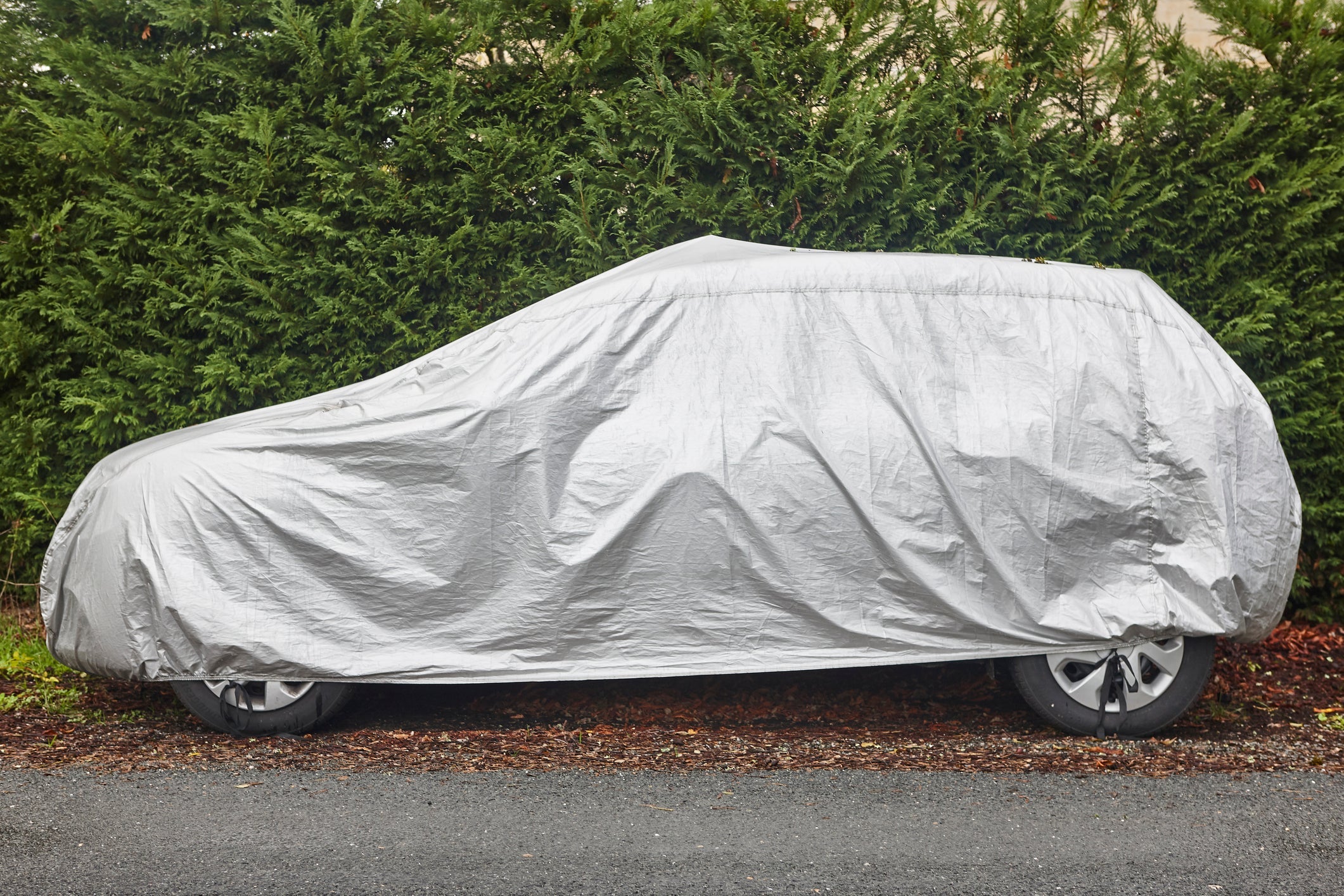
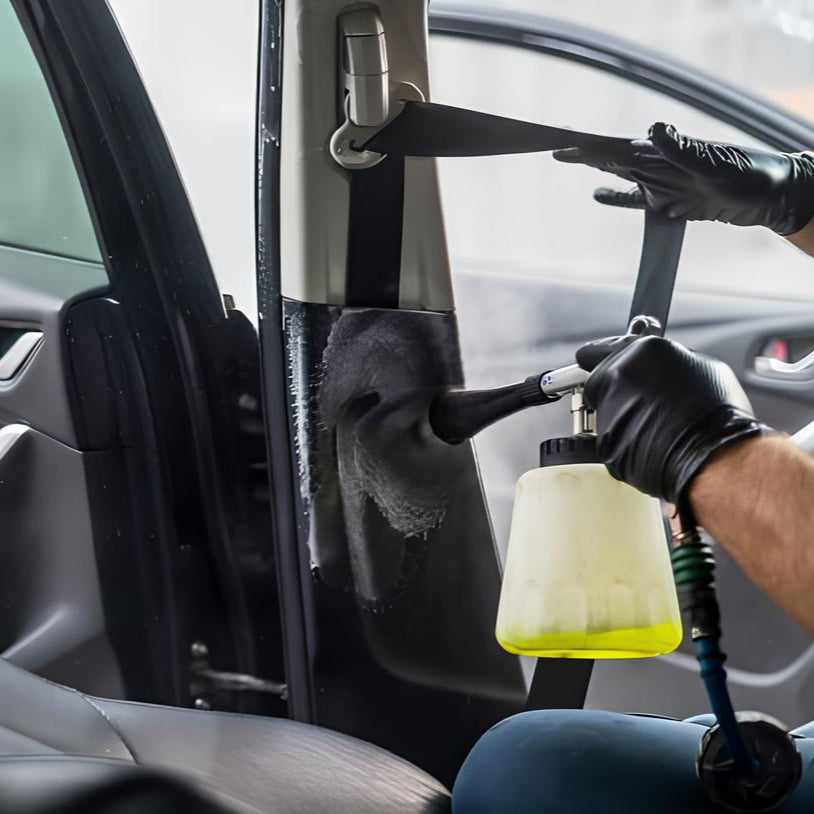
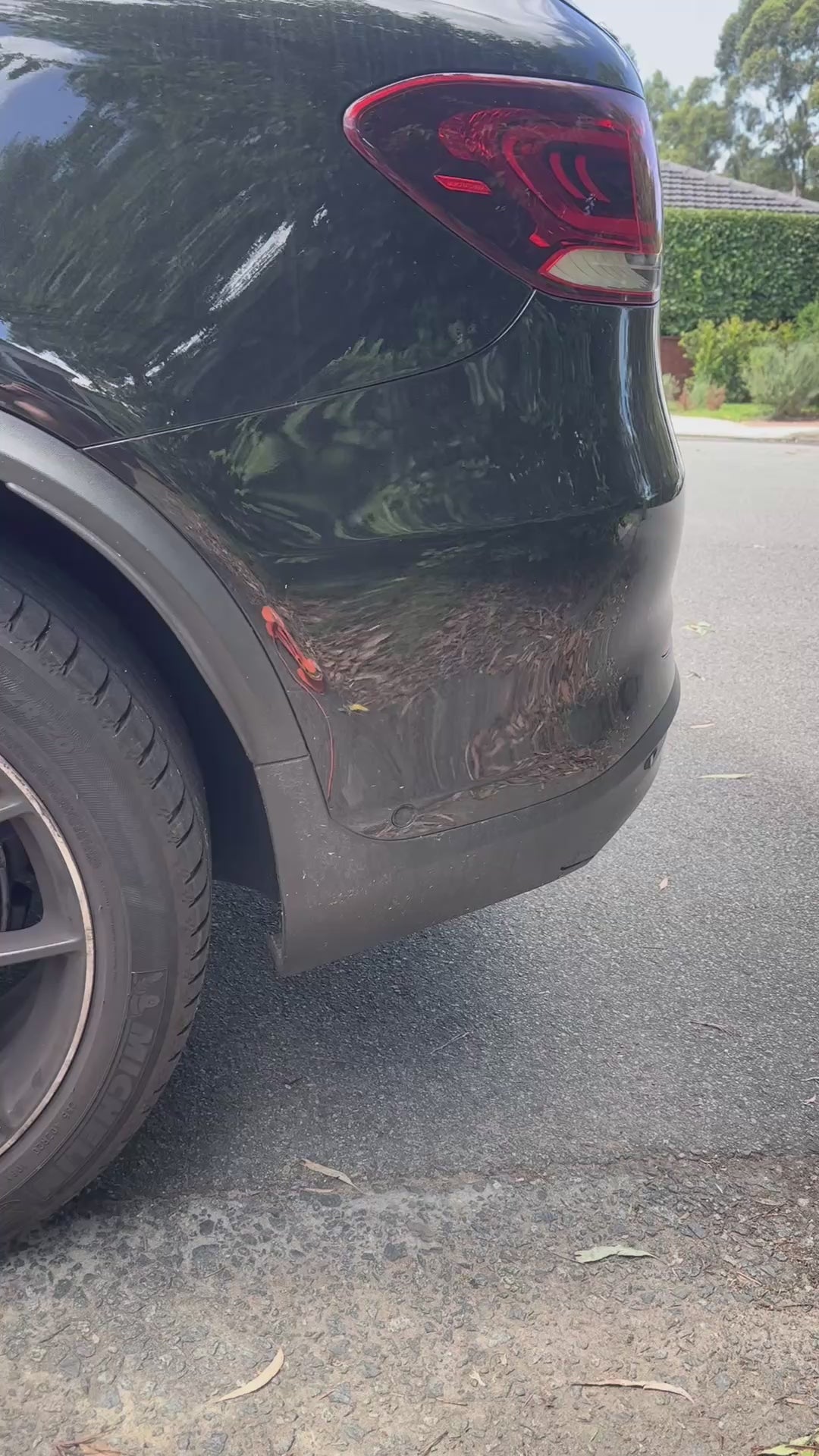
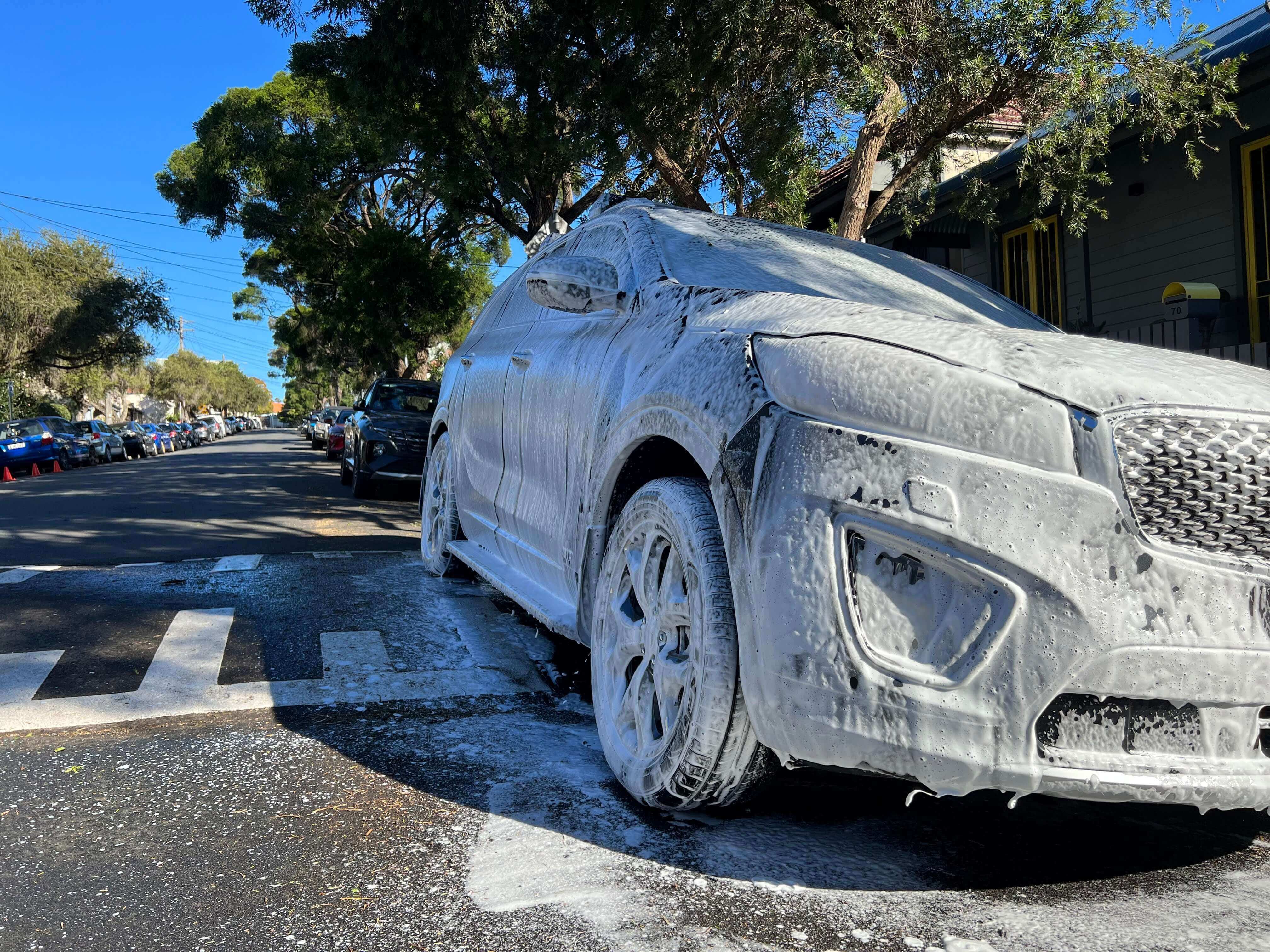
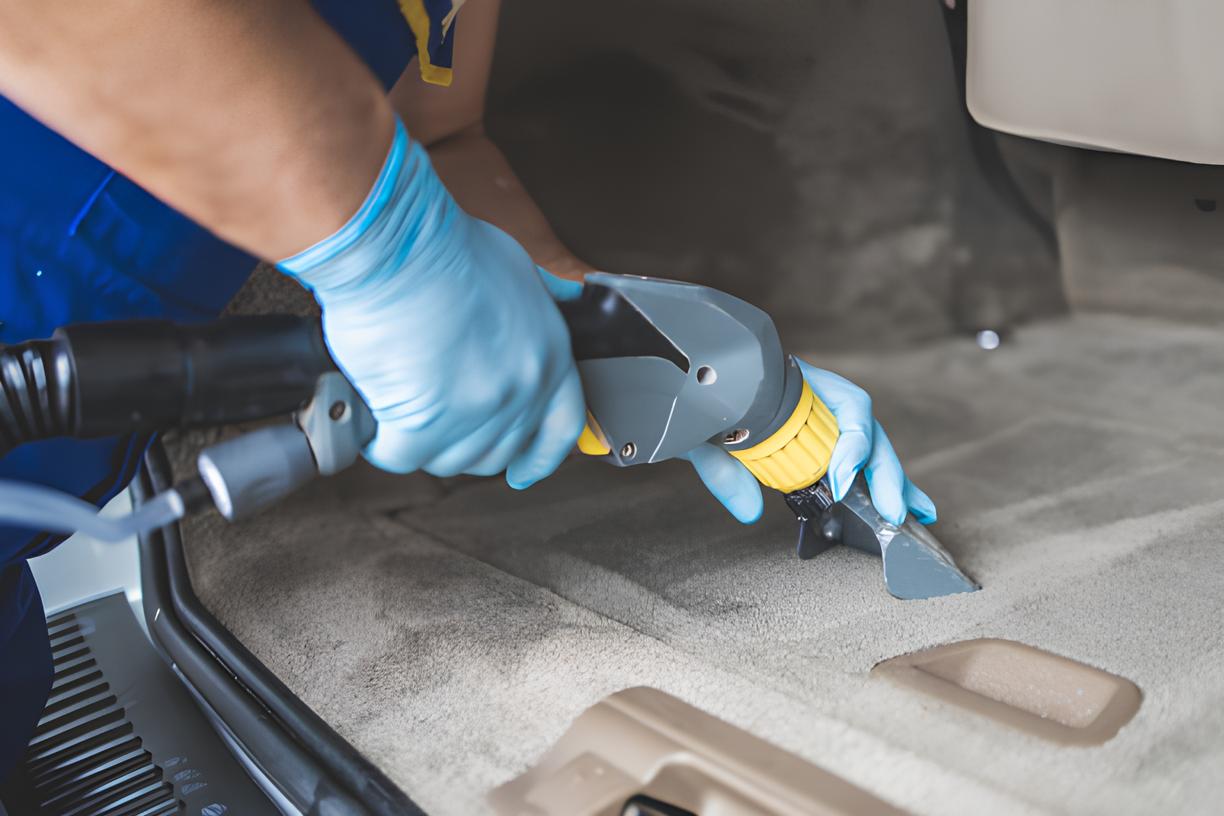

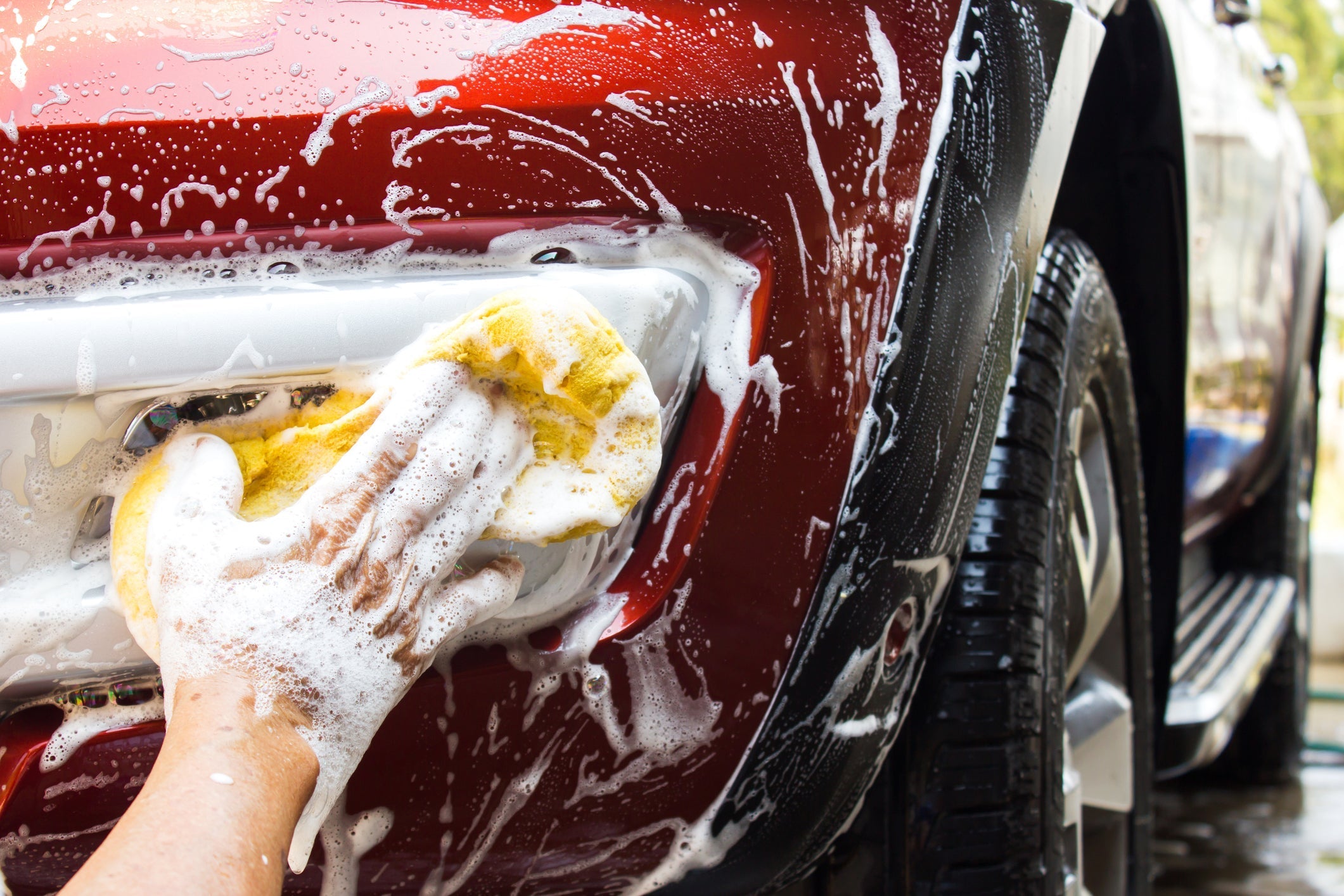

Share: